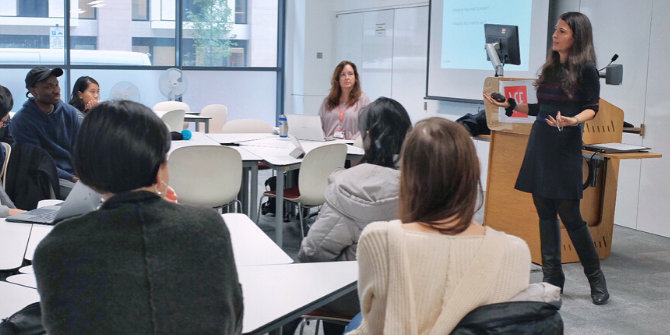Journalism is more relevant than ever today. The COVID-19 pandemic has made people realise that correct, fact-checked information is the key to survival – and the media is the main source of reliable information.
Since the start of the pandemic, media houses worked tirelessly to keep users informed, while journalists went out of their way, risking their lives, to bring news to the people.
The world needs journalists more than ever, but the pandemic has laid bare the challenges in newsrooms. Several news organisations have shut down departments, as advertising revenue has reduced, despite record-breaking viewership.
In this paradoxical time, I would like to share some tips I have learned over the past year that will enable you to kick start a career in journalism during the COVID-19 wave.
- Commitment is key
News is an overwhelming job, physically and mentally. Employers expect a certain level of commitment from a journalist, as the profession isn’t a typical 9-5 job. News can break any time, making the working hours uncertain and taxing.
To make a mark in journalism, it’s key to show commitment on your resume. Highlight the times when you went out of your way to complete a task. Focus on showcasing to the employer that you are a person who finishes the task and is open to tackling challenging situations – two key traits of a good journalist!
- Be open to challenges – while staying safe!
The pandemic has posed a big dilemma for journalists who work in the field. Reporting in the field poses a big health risk – for you and your loved ones. While it is necessary to be open to challenges, it’s important to stay safe.
If you have or are contemplating taking up a reporting assignment that involves exposure to COVID-19, make sure to point out to a potential employer that you are aware of the necessary safety precautions required in the field.
Even if you haven’t gone out in the field, but are interested in taking up assignments in the field, make sure to showcase to the employer that you are committed to protecting your health and the health of those who may potentially work with you in the future. First Draft has great courses and webinars on covering news during the pandemic.
- Upskill when possible
Journalism is no longer about writing precise, fact-checked and well-written articles or making videos on Premiere. The importance and significance of journalism has broadened over the course of the years, making it necessary for journalists to upskill.
A key part of your job as a journalist will be to liaise with several departments, so cross-functional knowledge is always helpful. Try to enrol for courses that will help you to understand the technologies you will use at work – be it content management systems or data tools. Several great courses have now gone online because of the pandemic.
You can also sign up for newsletters of the International Journalists’ Network (IJNet), International Women’s Media Foundation (IWMF), and other journalistic networks, to stay updated on free training and webinars.
- Fact check, fact check, fact check!
The importance of fact-checking can’t be stressed enough. It has become extremely essential for journalists to be mindful of the facts they are reporting, as audiences are dependent on the media for essential information.
If you maintain a public social media account, thoroughly fact-check your posts and reposts. The dissertation at the LSE will help you develop an eye for detail, which will be useful for you if you choose a career in journalism.
Master different fact-checking and verification tools like Google reverse image search and develop a practice of using them – they will come in handy in an interview and on the job.
- Be compassionate, but unbiased
The pandemic has shown us, more than ever, that a journalist should be compassionate and kind towards his/her/their subject.
Interviewing subjects is a critical part of your role as a journalist, so be aware of the basic etiquettes meted out to subjects. Some of the important etiquettes are – conducting background research on your subject prior to the interview and checking with them if they want to review their quotes.
However, it is also necessary to maintain journalistic distance while covering stories. The biases of a subject can cloud our opinion so be mindful of the subject’s political leaning or preferences while going into the interview.
Journalists work in a range of roles, such as social media management, video production, writing and editing – but the mission to report news brings everyone together. It’s necessary for every journalist to bring unbiased, fact-checked news to audiences and it’s heartwarming to see students interested in contributing to the field, despite its various challenges.
All I can say is that this journey is wild – but totally worth it.





